This article originally appeared in the Summer 2022 issue of the Ontario Medical Review magazine.
Advancing health equality in the face of social, and systemic challenges
The OMA’s Prescription for Ontario: Doctors’ 5-Point Plan for Better Health Care references the impact social determinants of health have on the health and well-being of various communities. We connected with physicians from across the province, in both rural and urban centres, to ask their views on the unique challenges facing their patients and how they address health inequities to improve access to the health-care system.
This is what they had to say:
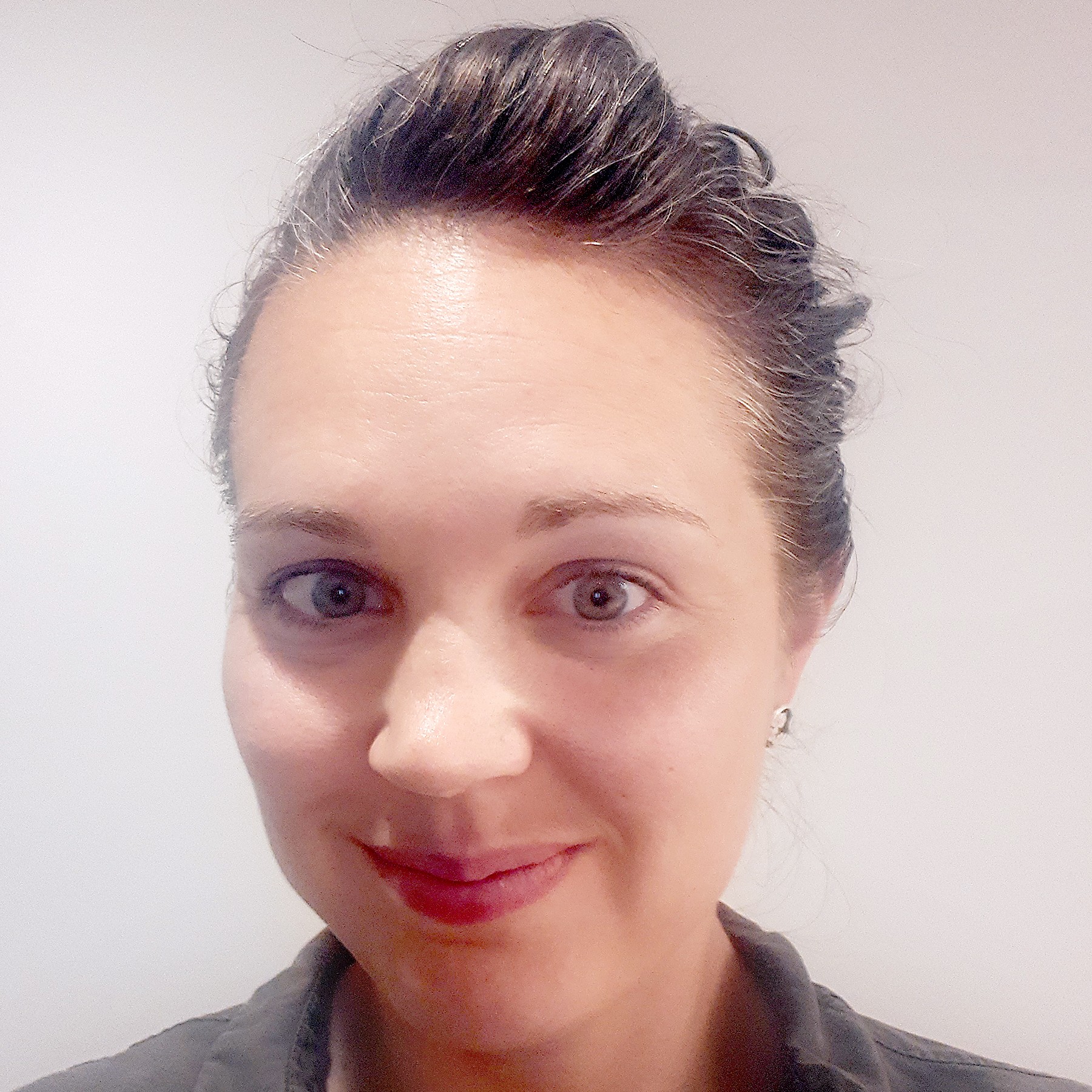

“My primary care practice consists of a large cohort of Yazidi refugees from Iraq who spent years in ISIS captivity before coming to Canada. These women and children face language barriers but also the risk of re-traumatization when navigating our health-care system. Encounters in small spaces with closed doors, chaotic ER environments, lack of interpretation, and fear of having to retell their trauma stories make it difficult to engage with health services. Ways to address these barriers include increased access to interpretation at all levels of our health-care system and the enlargement of existing webs of specialist and community providers who have trained in and practice in a trauma and violence informed-care environment so that the internal resiliency in each patient is honoured and we acknowledge that trust building must come first.”
Dr. Allison Henderson is a family physician practicing in London. She supports newly arrived refugees through a primary care roster at a CHC and newcomers clinic.
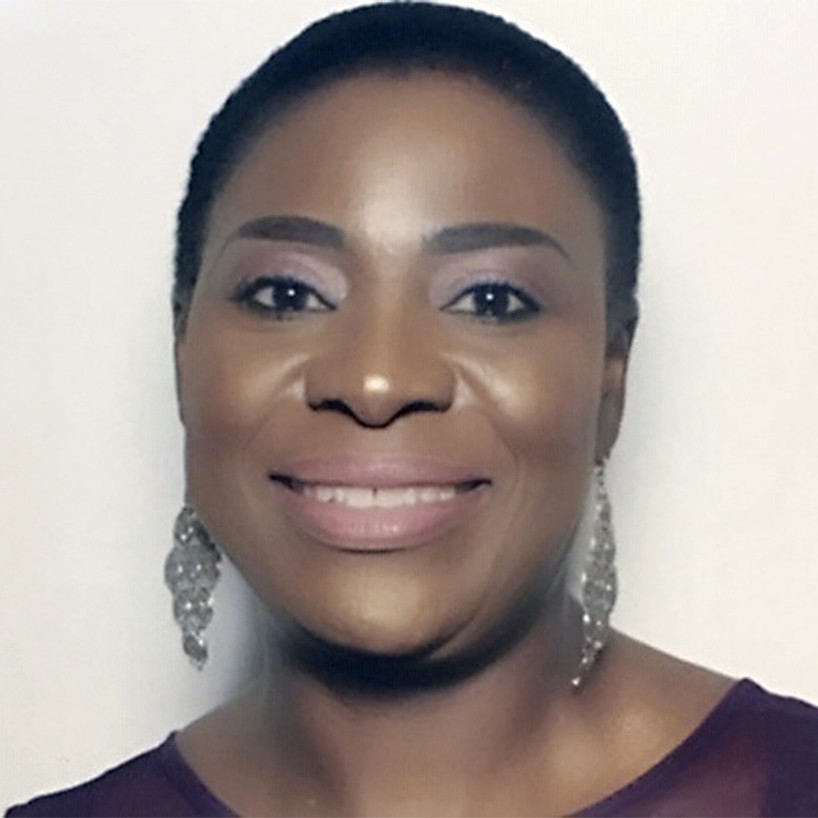

“Almost every Black patient that I have met has shared stories like these:
“These are comments and stories that have resonated with me and other Black providers. How do we increase the representation and diversity within the health-care system so that Black women are not disproportionately disadvantaged in accessing care? Representation matters and increasing the number of Black health providers — such as physicians, midwives and others — will enhance diversity within the Canadian health-care system.
“Black women have a higher burden of disease attributable to fibroids. Subsidization of disease-altering medication for these women would reduce the detrimental impact of fibroids on activities of daily living and fertility. Similarly, providing affordable and easily accessible Assisted Reproductive Techniques would ensure a reduction in the rate of infertility and adverse pregnancy outcomes.
“Mistrust in the health-care system and misinformation have impacted COVID-19 vaccine uptake in the Black community, despite reassurances of its safety. Supporting culturally sensitive, COVID-19 programs, such as the Black Health Vaccine Initiative, has proven to be an effective intervention in increasing vaccine uptake during the pandemic.”
Dr. Modupe Tunde-Byass is an obstetrician/gynecologist practising in North York. She specializes in general obstetrics and gynecology, high-risk pregnancy and early pregnancy loss. Dr. Tunde-Byass is president of the Black Physicians of Canada.
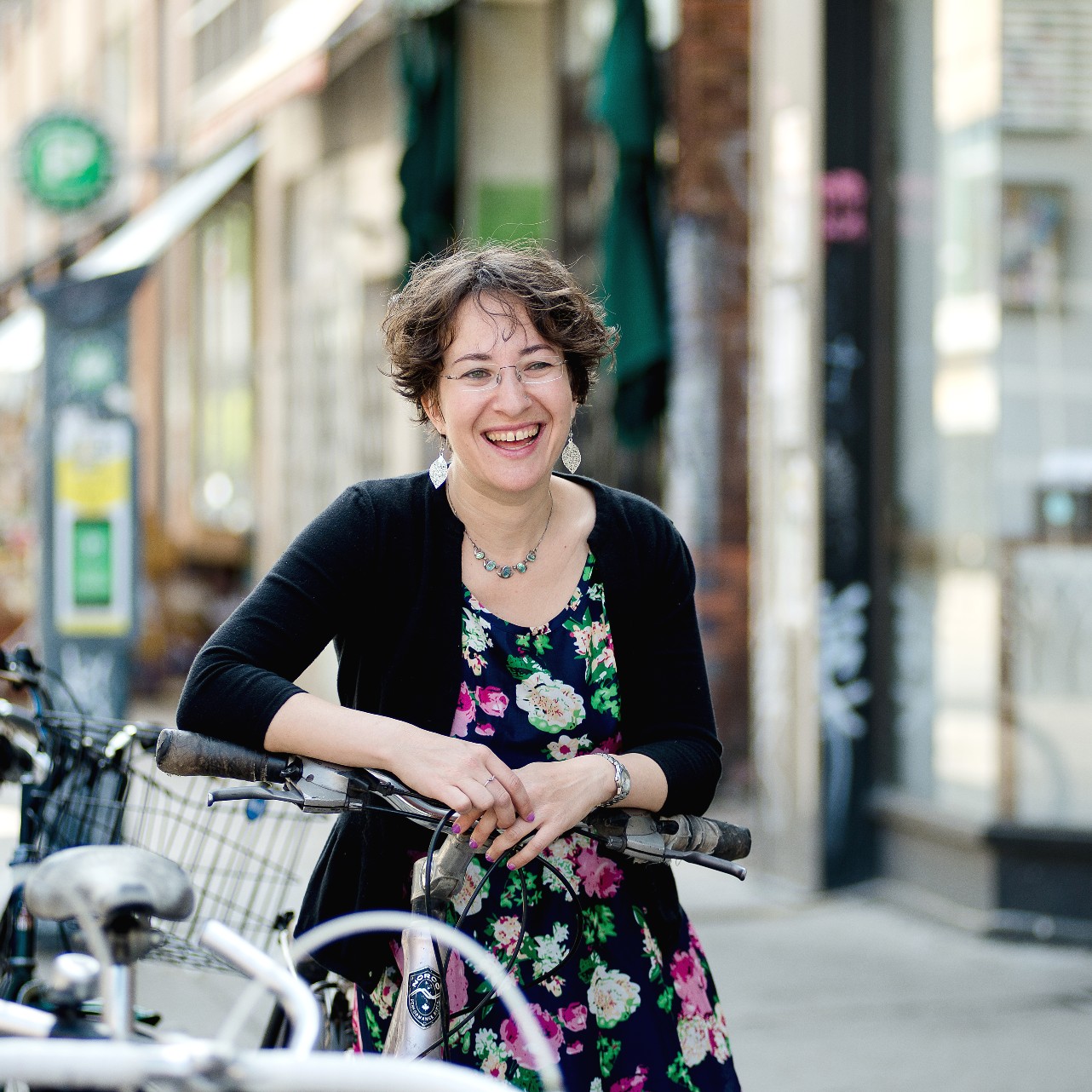

“Health is impacted by systemic inequities, including poverty, lack of affordable housing and inability to access care due to precarious immigration status. As an outreach psychiatrist, I see daily how homelessness leads to both physical and mental suffering. The path to good health must include both access to dignified health care as well as addressing root causes.
“I see my role as working within teams to advocate for individual patients, while organizing in allyship with communities to fight for subsidized housing, increased income support, decent work, an end to immigration detention, access to health care for people who are uninsured and social justice.”
Dr. Michaela Beder is a Toronto-based outreach psychiatrist and community organizer advocating for social justice.
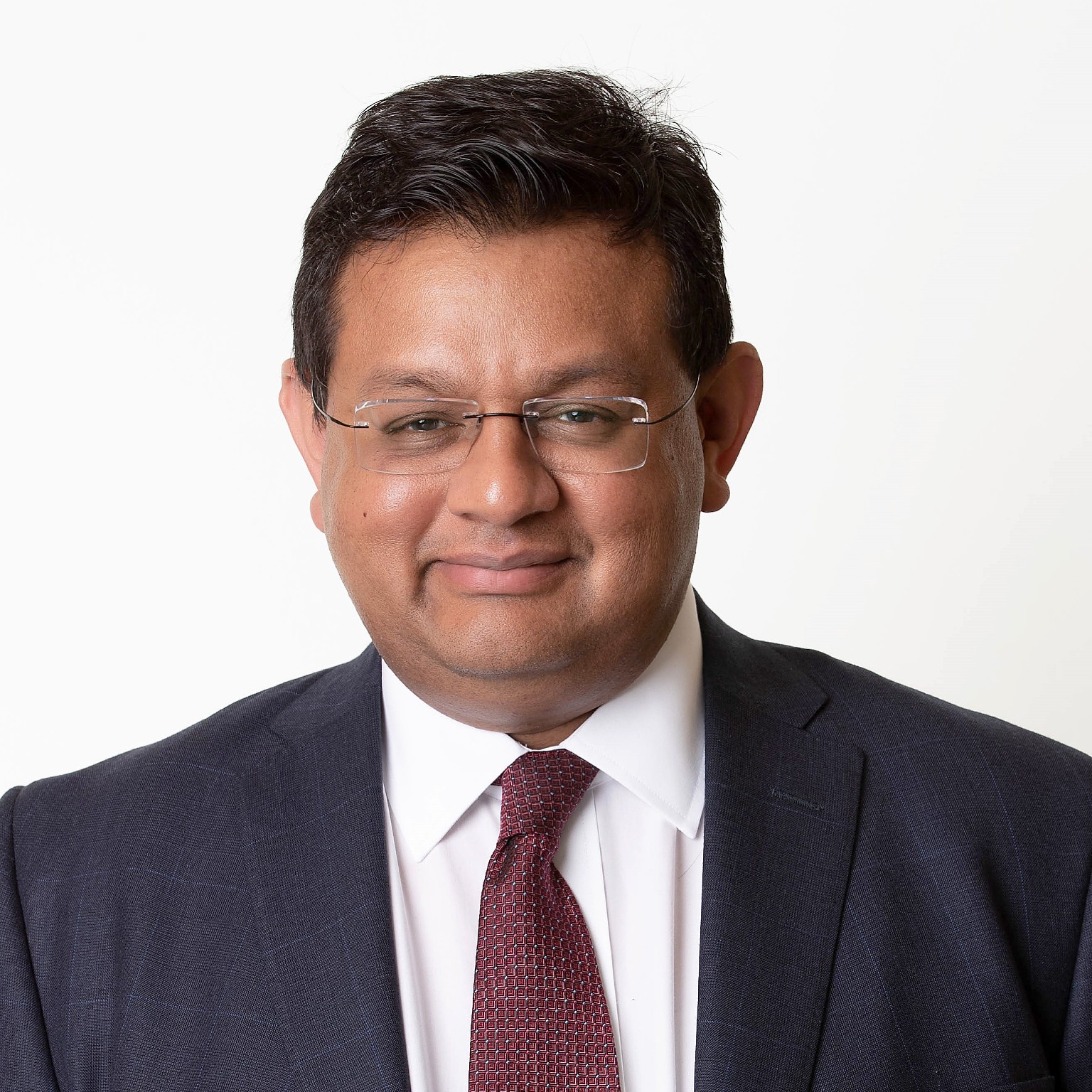

“To advance health equity, it is imperative that we address the issue of timely access to health-care services. For patients seeking cognitive clinician services, procedural treatments and diagnostic investigations, timely access has been challenging for many years. The last two years of the COVID-19 pandemic have only exacerbated this problem and increased the health disparity for marginalized people. This is particularly problematic for people requiring treatment for mental health and substance use conditions. Doctors, community partners, patients and policy makers must boldly address these issues.”
Dr. Shanker Nesathurai is an academic physician, public health official and physiatrist from Ancaster. He is currently the acting medical officer of health for Windsor-Essex County Health Unit.
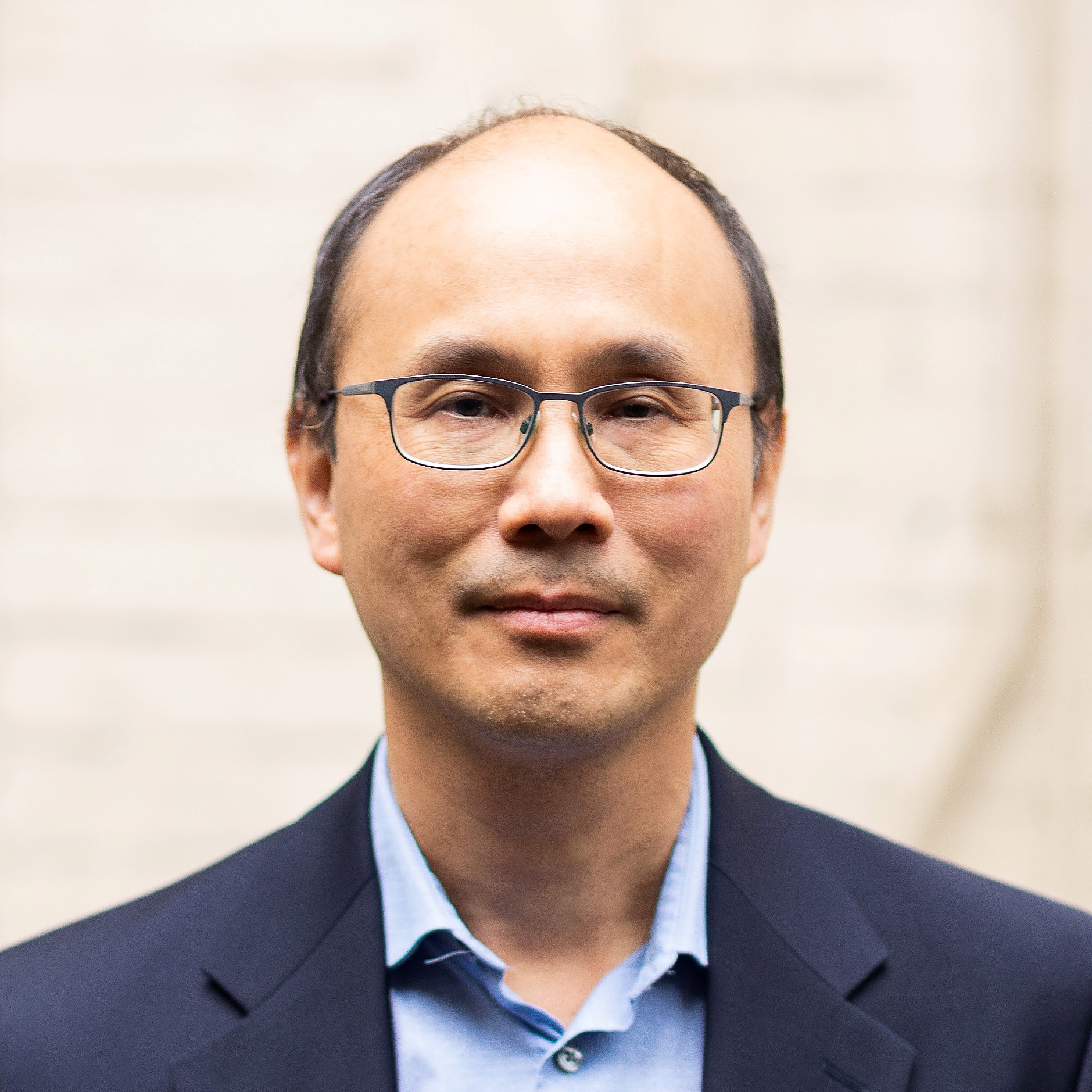

“Many of my patients are people who are experiencing homelessness. I’m mindful of the fact that many of them have had negative experiences with health care in the past, so I try to ensure that I always make them feel welcomed and respected. As a general internist, I’m acutely aware of the fact that many of my patients struggle to find a primary care provider. Our health-care system urgently needs to ensure that people who are disadvantaged can access high-quality primary care. Finally, we need to recognize that housing is a fundamental social determinant of health and we need to invest now to address the dire lack of affordable housing in communities across Ontario.”
Dr. Stephen Hwang is an internal medicine specialist. His Toronto-based practice is focused on general internal medicine in hospital and community (shelter) settings.
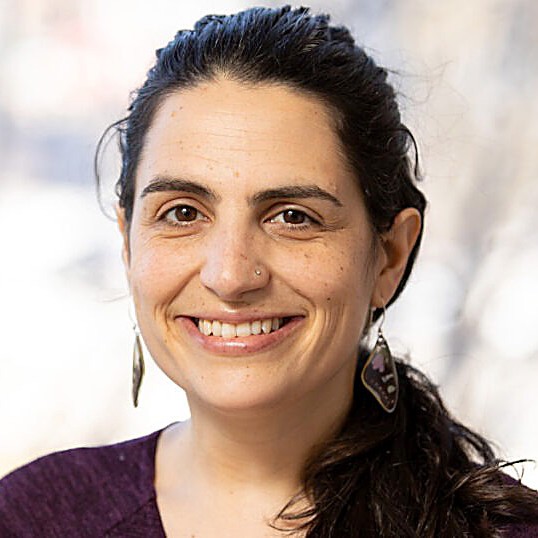

“Inadequate access to safe, affordable, adequate housing has such a profound effect on health. Patients have increased stress and inflammatory conditions, asthma and allergies, increased exposure to COVID-19 and other infectious diseases, increased substance use and aggravated mental illness. And as the effects of the climate crisis worsen, patients experiencing homelessness and those without access to air conditioning, greenspace or adequate ventilation are more vulnerable to extreme heat and poor air quality.
“Health inequities rooted in the social and environmental determinants of health can only be partially addressed at the patient level. As a physician striving for social accountability, I engage in advocacy to work towards improved health equity.”
Dr. Samantha Green works at the St. Michael’s Hospital Academic Family Health Team in Toronto’s downtown east. Many of her patients experience homelessness and precarious housing.
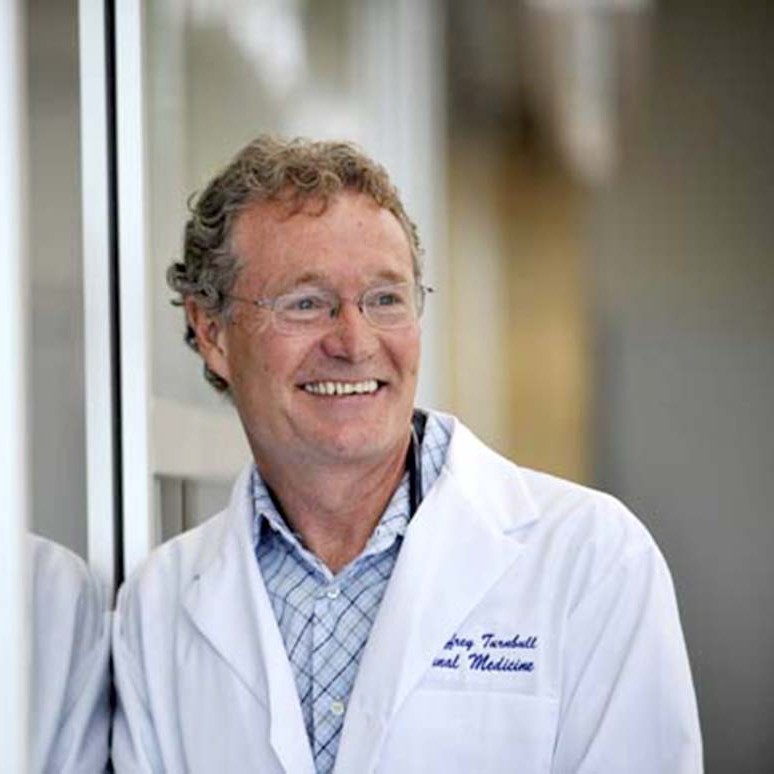

“Each year, 350,000 Canadians experience homelessness, with many more living in unstable or inadequate housing. There are social and cultural factors predisposing many people in this increasingly diverse community to homelessness, most notably extreme poverty.
“As a result, those experiencing chronic homelessness suffer health outcomes comparable to those in the developing world. Despite the high prevalence of mental illness, substance use disorder, trauma and physical illness, the homeless do not have equitable opportunities to access health care that is appropriate for them and their needs.
“New models of care are needed that often involve working in collaborative teams, with new partnerships between health care and social services. Care must be trusted, flexible, focused on patient needs and delivered locally. This patient-centred approach to care requires enhanced skills of collaboration, communication and advocacy.
“As providers and health-care institutions, we must speak out to promote evidence-informed prevention strategies and health-services models that address the health inequities faced by this population.”
Dr. Jeffrey Turnbull is an Ottawa-based internal medicine specialist who has devoted the better part of his medical practice to the care of those experiencing homelessness.
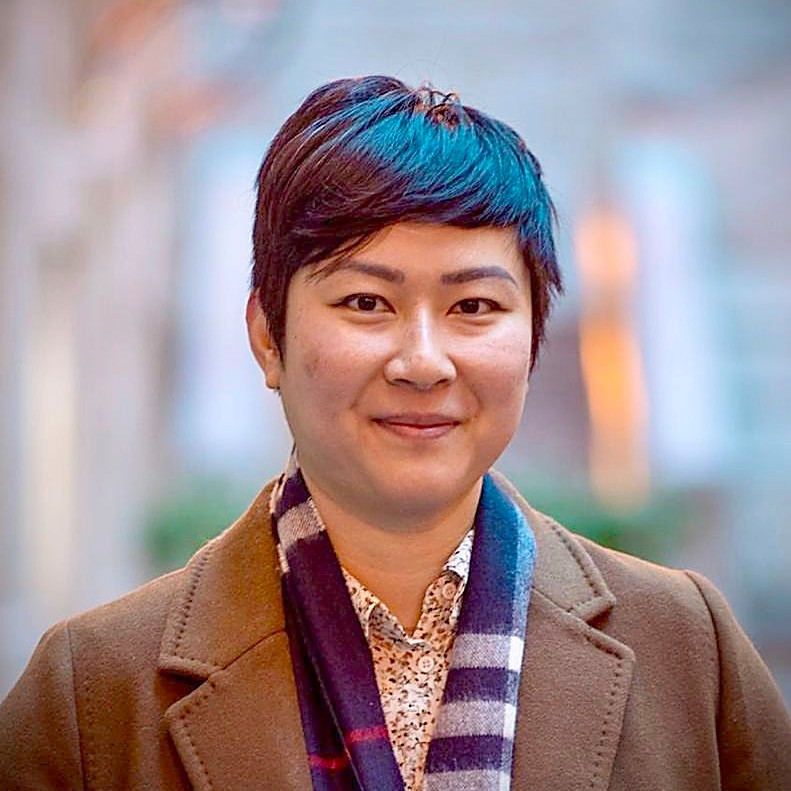

“The pandemic has turned the cracks in our health-care system into chasms for marginalized patients. The system and health-care professionals pivoted rapidly but we also saw patients falling through the cracks on a regular basis. Patients with low health literacy required more support and education around public health measures and vaccination. Patients who do not have a cell phone cannot call in when they arrive at a clinic for COVID screening. Job losses meant some could not access basic necessities, not to mention extra personal protective equipment like masks and hand sanitizer. Our experience highlights the need to provide thoughtful and compassionate planning in marginalized communities to ensure equitable care for all.”
Dr. Joyce Cheung is a family physician based in Etobicoke and is vice-chair of the OMA Section on Palliative Medicine.